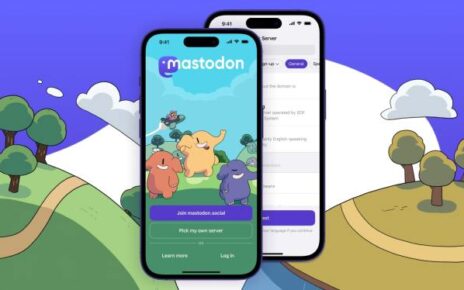Introducing Bing Generative Search
Microsoft has unveiled its response to Google’s AI-powered search experiences, dubbed Bing generative search. This innovative feature aggregates information from the web and generates a summary in response to search queries. Currently available to only a small percentage of users, Bing generative search promises to revolutionize the way we search online.
How it Works
Bing generative search is powered by a combination of large and small generative AI models. When a user submits a search query, the system aggregates relevant information from around the web and presents a summary in response. For instance, if a user searches for "What is a spaghetti western?", Bing generative search will provide information on the film subgenre’s history, origin, and top examples, accompanied by links and sources to verify the details.
Comparison with Google’s AI Overviews
Similar to Google’s AI-powered search feature, AI Overviews, Bing generative search offers an option to dismiss AI-generated summaries for traditional search results. This allows users to choose between AI-driven summaries and the classic search experience.
Microsoft’s Commitment to Feedback and Improvement
In a blog post on its official website, Microsoft emphasizes its dedication to evolving the search experience on Bing. The company acknowledges that user feedback is essential in refining the feature and ensuring it meets the needs of its users. Microsoft promises to "slowly roll out" Bing generative search, gather feedback, test, learn, and work towards creating a great experience before making it more broadly available.
Concerns about AI-Generated Search Results
As with any AI-powered search feature, concerns have been raised about the potential for errors or inaccuracies. Microsoft insists that Bing generative search "fulfills the intent of the user’s query more effectively." However, numerous examples of AI-generated search results gone wrong have surfaced in recent times. Google’s AI Overviews have been known to suggest putting glue on pizza, while Arc Search told one reporter that cut-off toes would eventually grow back.
The Impact on Publishers
AI-generated overviews pose a significant threat to publishers, as they may cannibalize traffic from the sites that source their information. One study found that AI Overviews negatively affected about 25% of publisher traffic due to the de-emphasis on article links. Microsoft claims it is "maintaining the number of clicks to websites" and "looking closely at how generative search impacts traffic to publishers." However, the company fails to provide any statistics to support this claim.
Top Features and Benefits
- AI-Driven Search Summaries: Bing generative search provides AI-driven summaries in response to search queries, aggregating relevant information from around the web.
- Option to Dismiss AI-Generated Summaries: Users can choose between AI-driven summaries and traditional search results.
- Commitment to Feedback and Improvement: Microsoft emphasizes its dedication to evolving the search experience on Bing, gathering feedback, testing, learning, and working towards creating a great experience.
Conclusion
Bing generative search represents a significant step forward in the evolution of online search. With its AI-driven summaries and commitment to feedback and improvement, Microsoft aims to provide users with a more effective and informative search experience. While concerns about AI-generated search results persist, Bing generative search has the potential to revolutionize the way we search online.
Related Topics
- Artificial Intelligence: The use of AI in search engines and other applications.
- Search Engines: Online platforms that enable users to search for information on the web.
- Generative AI: A type of AI that generates new content, such as text or images.



